Description
-
Nicholas Kardaras – Tech Addiction in Children & Adolescents: Brain-Based Interventions to Optimize Digital Health in Today’s Screen Culture
- Faculty:
- Nicholas Kardaras
- Duration:
- 1 Hour 34 Minutes
- Format:
- Audio and Video
- Copyright:
- Jun 19, 2020
- How screen culture has infiltrated our children and adolescents’ lives – and what it means for mental health
- The neurological impact of screen-based learning and education
- Strategies and interventions to address and moderate excessive screen use
- And more!
- The origins of “indoor children”
- From passive TV viewing to immersive and interactive screen experiences
- What the research is telling us about technology and mental health
- Limitations of the state of the research
- Depression and social media
- Screen time’s impact on ADHD, increased aggression, and thought disorders
- Dopamine’s role in addiction
- How brains are impacted by the dopaminergic effects of screens
- The HPA Axis and adrenal “fight or flight” impact of screen stimulation
- Brain imaging and the effects on the frontal cortex
- Ed Tech: a $60 Billion annual industry
- The latest research on technology and education
- Screens’ impact on reading and comprehension
- Phones in the classroom and standardized test scores
- Classroom strategies for technology use
- Treatment programs and interventions
- Recommendations for every family
Description
What does this mean for mental health, brain development, and educational outcomes?
Join Dr. Nicholas Kardaras, psychologist, expert in technology overuse, and author of the best-selling book Glow Kids, for this 90-minute recording packed with insight and strategies every clinician and educator should know about the effects of screen time – and what you can do about it.
You’ll learn:
This is a must-see for anyone working with children and adolescents!
Handouts
| Manual – Tech Addiction in Children & Adolescents (2.2 MB) | 26 Pages | Available after Purchase |
| Illinois Educators Self-Study Instructions (28.5 KB) | Available after Purchase | |
| Illinois Educators Evaluation Form (1.2 MB) | Available after Purchase |
Outline
Screen Culture: Origins and Impact on Mental Health
Neurological Impact of Screen Time and Tech Overuse
Technology in the Classroom: Helping or Hurting Educational Outcomes?
Practical Solutions and Recommendations to Manage Screen Time
Faculty
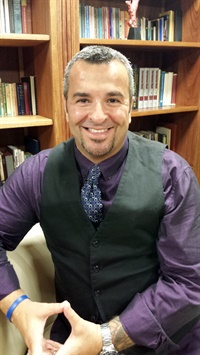
Nicholas Kardaras, Ph.D., LCSW-R Related seminars and products: 5
Nicholas Kardaras, PhD, LCSW-R, is a psychologist, best-selling author, internationally renowned speaker and expert on mental health, addiction, and the impact of our digital age. He has developed clinical treatment programs all over the country and is the founder and chief clinical officer of Maui Recovery in Hawaii, Omega Recovery in Austin, and the Launch House in New York.
Dr. Kardaras is a former clinical professor at Stony Brook Medicine where he specialized in teaching the neurophysiology and treatment of addiction. He has also taught neuropsychology at the doctoral-level and has worked closely in developing clinical protocols with Dr. Howard Shaffer, associate professor at Harvard Medical School and the director of their Division of Addiction.
Dr. Kardaras has written for TIME magazine, Scientific American, Psychology Today, Salon, the NY Daily News, and FOX News, and has appeared on ABC’s 20/20, Good Morning America, the CBS Evening News, FOX & Friends, NPR, Good Day New York and in Esquire, New York magazine and Vanity Fair. He was featured on the 2019 A&E TV series Digital Addiction and his 2016 NY Post Op Ed “Digital Heroin” went viral with over six million views and shares.
Dr. Kardaras is the author of the best-selling Glow Kids (St. Martin’s Press, 2016, now translated into 10 languages), the seminal book on the clinical, neurological and sociological aspects of technology addiction. He is the author of How Plato and Pythagoras Can Save Your Life (Conari, 2011) and often uses philosophy to help work with and treat young people who are struggling with an existential crisis.
Considered a leading expert on young people and digital addiction, he has clinically worked with over 2,000 teens and young adults over the last 18 years and has been active in advocating that screen addiction be recognized as a clinical disorder akin to substance addiction. As a result of his clinical training and expertise working with tech addiction, Dr. Kardaras has developed the most comprehensive treatment protocols to treat this emerging global problem. Dr. Kardaras is also a founding charter member of the not-for-profit National Institute for Digital Health and Wellness (NIDHW), which is an affiliate organization of the National Institute for Science, Law and Public Policy (NISLAPP) in Washington, D.C.
Speaker Disclosures:
Financial: Nicholas Kardaras maintains a private practice. He is the CEO/Chief Clinical Officer for Omega Healthcare Group. Dr. Kardaras receives a speaking honorarium from PESI, Inc.
Non-financial: Nicholas Kardaras sits as a board member for the National Institute of Digital Health.
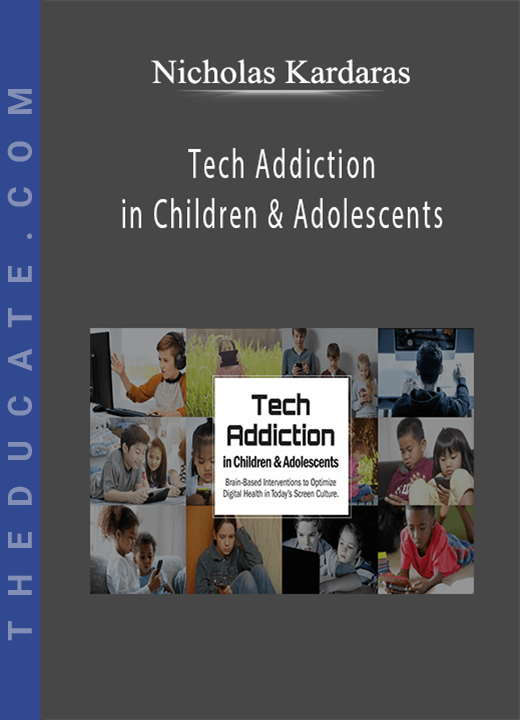

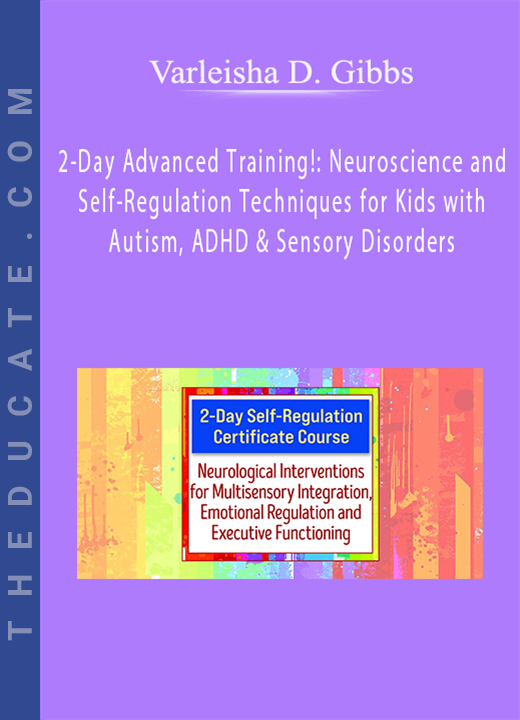
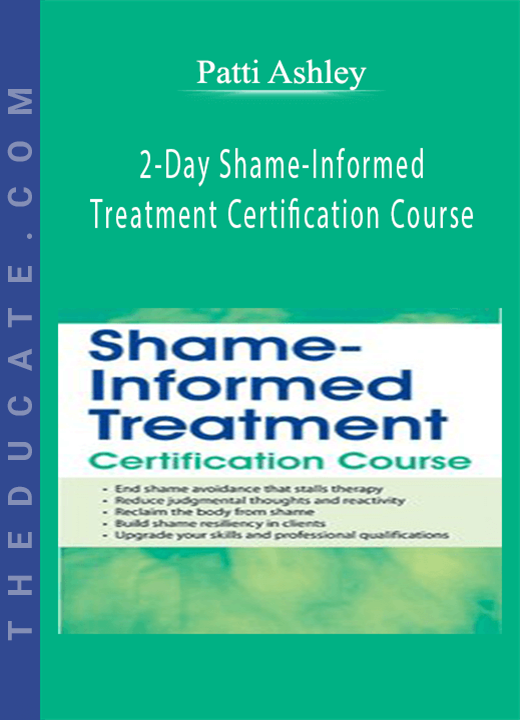

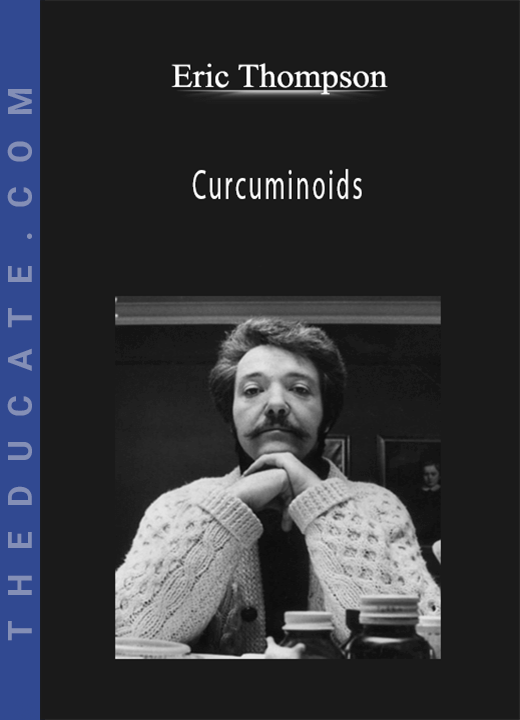
6 reviews for Nicholas Kardaras – Tech Addiction in Children & Adolescents: Brain-Based Interventions to Optimize Digital Health in Today’s Screen Culture
There are no reviews yet.